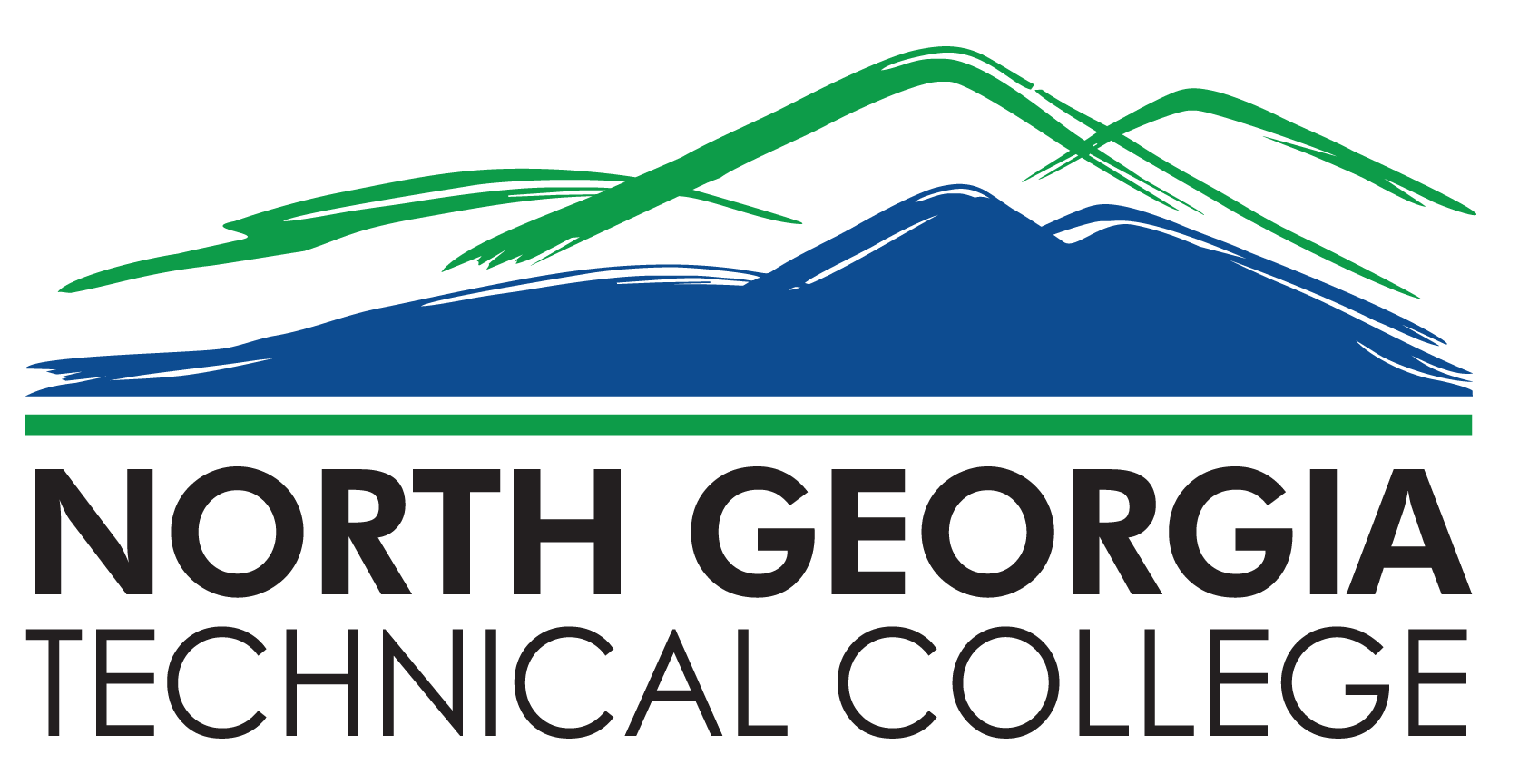Grants are the most attractive forms of financial aid because money given in the form of a grant does not have to be paid back after graduation.
The Federal Pell Grant is the most well-known grant based solely on financial need. The Federal Pell Grant is a Title IV Program that provides eligible undergraduate students, who meet certain income guidelines as determined by the U.S. Department of Education, with aid to help meet the costs of postsecondary education. Pell Grant does not require repayment. Eligiblility is determined by the U.S. Department of Education using a student’s expected family contribution (EFC), a formula developed by the federal government, and the number of credit hours in which a student is enrolled. Students must be qualified undergraduates enrolled in a federally approved eligible program leading to a degree, diploma, or eligible Technical Certificate of Credit. Pell Grant is not available to students who have a bachelor’s degree, owe a refund to any Title IV Aid Program, or are in default on a student loan. Pell Grant recipients are subject to a Lifetime Usage Limit of 600%, which is 6 full time years in which a student receives their full annual Pell Grant award each year or the equivalent in part-time attendance.
For the purposes of Pell, NGTC operates on a two term disbursement schedule. This means that a student’s full Pell Grant Award is divided into two disbursements. The annual maximum Pell Grant Award ($7,395 for 2023-2024) is divided over the Fall ($3,698) and Spring ($3,697). Any remaining funds are available for disbursement in the Summer Semester. Students who are enrolled for at least 12 credit hours both Fall and Spring Terms are strongly encouraged to save a portion of any financial aid refund to help cover the cost of Summer Semester. If a student is not enrolled for at least 12 credit hours both Fall and Spring Term, they should have a portion of their annual Pell Grant award available to disburse for the Summer Semester. If a student has been enrolled in at least 12 credit hours both fall and spring semester, they must be enrolled in at least 6 credit hours in order to receive an additional Pell Grant award. Enrollment status determines the amount of Pell Grant funds awarded each semester. Please note that not all students will receive the maximum Pell Grant award. The award amounts are determined by the Department of Education, the number of enrollment hours, and other various factors.
| Credit Hours | Amount of Semester Pell Award |
|---|---|
| 1-5 | 25% |
| 6-8 | 50% |
| 9-11 | 75% |
| 12+ | 100% |
To apply, students must complete the FAFSA by visiting https://studentaid.gov/h/apply-for-aid/fafsa
The HOPE Grant is another well-known grant which is available to qualified Georgia residents who are enrolled in a diploma or technical certificate program. High school grades, graduation dates, and family income are not a consideration in determining eligibility.
Assistance covers a percentage of tuition for a maximum of 63 credit hours. Room and board costs, mandatory fees, and books/supplies are not covered through the HOPE Grant.
Students must maintain a 2.0 cumulative Grade Point Average to remain eligible. Student GPAs are checked once they have completed 30 credit hours and again at 60 credit hours.
Requirements for the HOPE Grant can be reviewed on the Georgia Student Finance Commission’s website found here: HOPE Grant
To apply, a student should complete the FAFSA or GSFAPPS Application.
The Zell Miller Grant is available to qualified Georgia Residents who are enrolled in a diploma or certificate program. High School grades, graduation dates, and family income are not a consideration in determining eligibility for the Zell Miller Grant. Assistance will cover the full amount of tuition. Room and board costs, mandatory fees, and books/supplies are not covered through The Zell Miller Grant. Students should strive to maintain a 3.5 HOPE-Cumulative Grade Point Average to remain eligible for The Zell Miller Grant. Students who fall below the required 3.5 HOPE-Cumulative Grade Point Average at the End-of-Term checkpoint will lose eligibility for The Zell Miller Grant. Students may receive The Zell Miller Grant or a combination of HOPE/Zell Miller Grant funding for a maximum of 63 semester credit hours.
Requirements for the Zell Miller Grant can be reviewed on the Georgia Student Finance Commission’s website found here: Zell Miller Grant
To apply, a student should complete the FAFSA or GSFAPPS Application.
HOPE Career Grant is a state grant program that is available to qualified Georgia residents who receive the HOPE Grant or Zell Miller Grant and are enrolled in one of the listed approved diploma or technical certificate programs:
To qualify, a student must be fully admitted to the college, enrolled in one of the above programs, and receive the HOPE Grant or the Zell Miller Grant for the same term.
|
Enrolled Hours |
Award Amount per term |
|---|---|
|
9+ hours |
$500.00 |
|
3 – 8 hours |
$250.00 |
| 1 – 2 hours |
$125.00 |
| *Commercial Truck Driving – enrolled 9+ hours; one-time award $1,000.00 | |
The FSEOG program is administered directly by the NGTC Financial Aid Office and is therefore called “campus-based” aid. This grant is awarded to undergraduate students who have exceptional financial need and who have not earned a bachelor’s or graduate degree.
Each participating school receives a certain amount of FSEOG funds each year from the U.S. Department of Education’s office of Federal Student Aid. Once the full amount of FSEOG funds has been awarded to students, no more FSEOG awards can be made for that year, so it is important for you to apply for student aid as early as you can. Check with the Office of Financial Aid for more specific guidelines.
Questions regarding eligibility for grants can best be answered by contacting your Financial Aid Advisor.
